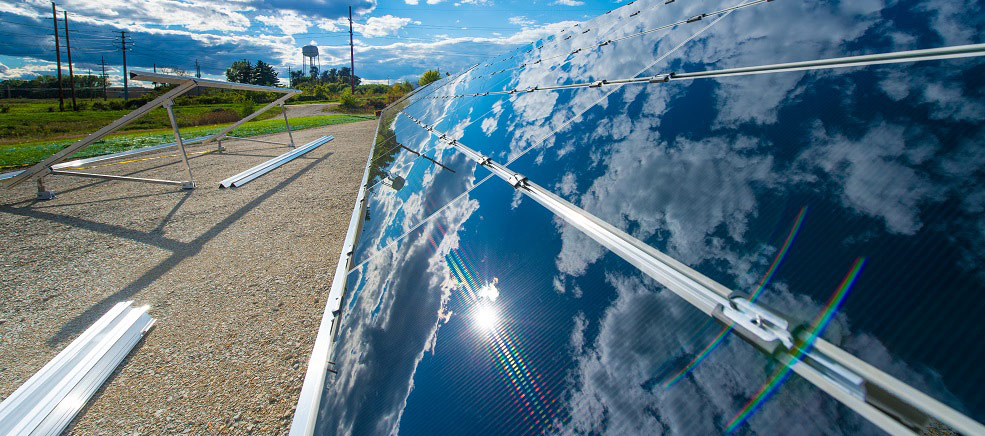A new report from Greenpeace says the world can be 100 percent renewable by 2050, and 85 percent renewable in just 15 years.
The 2015 Energy [R]evolution report, the latest in a series that has offered the most accurate projections of any major analysis, worldwide, says that for the first time, the path to 100 percent renewable is cost-neutral. In addition, no new technological advancements are needed, the report says.
[Samantha Page/Think Progress]
Greenpeace and DLR found that the investment necessary to reach a 100 per cent renewable goal will be a considerable US$1 trillion a year. However, this will be more than covered by the US$1.07 trillion in savings on fuel costs alone in the same period, not to mention the vast co-benefits to human health and the avoided costs from climate change-related extreme weather that come with the renewable transition.
To date, Greenpeace’s clean energy transition projections have proven to be the amongst the most accurate globally.
[Tierney Smith/EcoWatch]
The authors of the Greenpeace report are by no means the only people beginning to think in terms of 100 percent renewables. We already have roadmaps for how every state in the US could achieve 100 percent renewable energy by 2050, the Australian Capital Territory just committed to 100 percent renewable electricity by 2025, and New Zealand will be at 90 percent renewables by the same date.
Of course possible and probable are not the same thing at all. From a strong global deal at the Paris climate talks to ambitious commitments from businesses and communities, and from local, national and international government bodies alike, there are many preconditions for Greenpeace’s scenario to pan out.
[Sami Grover/TreeHugger]
“The solar and wind industries have come of age, and are now cost competitive with coal,” said Greenpeace’s Sven Teske, the lead author of the report. “It is very likely they will overtake the coal industry in terms of jobs and energy supplied within the next decade. It’s the responsibility of the fossil fuel industry to prepare for these changes in the labor market and make provisions. Every dollar invested in new fossil fuel projects is high risk capital which could end up as stranded investment.”
Naidoo concluded: “Following this Greenpeace scenario, the Paris climate agreement must deliver a long term vision for phasing out coal, oil, gas and nuclear energy by mid-century, reaching the goal of 100% renewables with energy access for all.”
[Peter Louwe/Greenpeace]









Comments